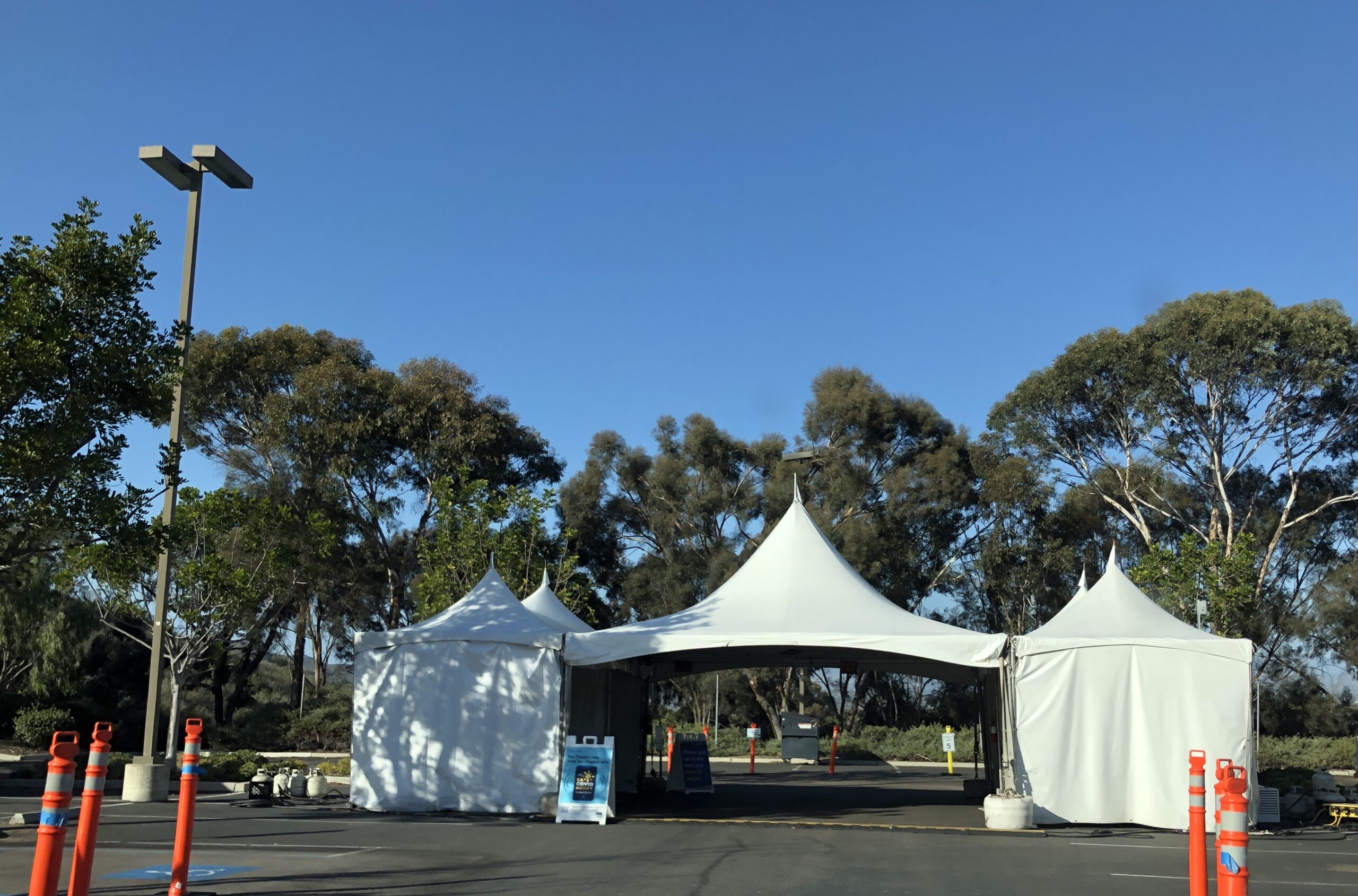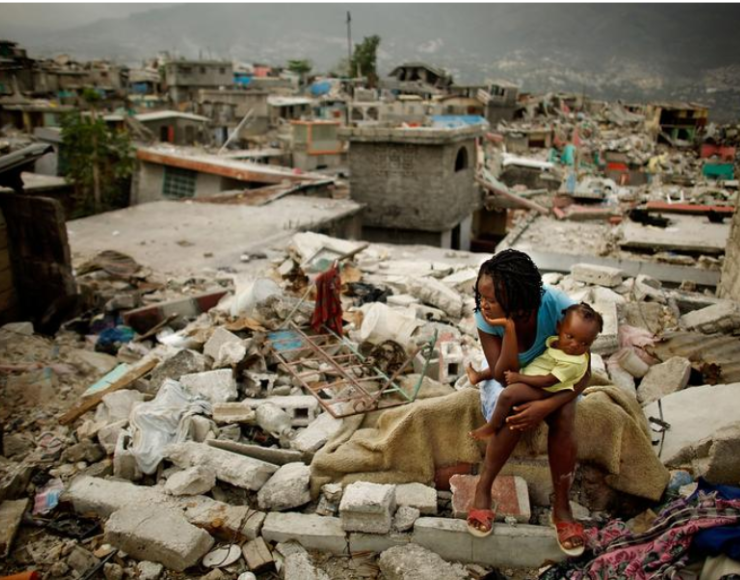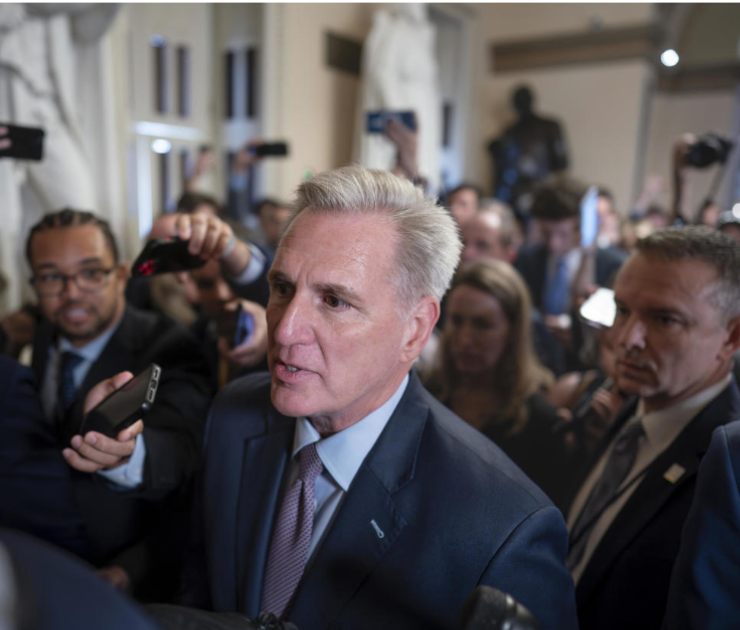New Year. Same Pandemic. Different Strains.

As COVID-19 continues to spread, new strains of the virus are inevitably appearing and threatening the effectiveness of vaccines and hospitals.
The most recent strain was discovered in Japan when a new mutation was identified among passengers returning from Brazil. Currently, there is not enough information to determine how deadly it is; however, it has been observed to have mutations similar to those of the strain found in the U.K. and South Africa. Professor Robert Bollinger from John Hopkins University School of Medicine says that the mutation spreads faster among people, but it does not mean that severe symptoms will manifest.
“We are not seeing any indication that the new strain is more virulent or dangerous in terms of causing more severe COVID-19 disease,” said Bollinger.
Viruses constantly mutate and WHO Director-General Tedros Adhanom Ghebreyesus says that the more the virus spreads, the higher chance of new mutations.
Bollinger also explains that there are some mutations that emerge and disappear while others emerge and persist. He continues to explain that in order for viruses to spread, they must have advantageous traits that allow for it to evolve and survive. However, if the mutation becomes too deadly, said Bollinger, then it will not be able to reproduce.
The big question is whether the newly-made vaccines will be able to withstand the new mutations. Ghebreyesus tells CNBC that the existing vaccines are still effective against these new mutations, but that they may need adjustments in the future. However, University of Cape Town professor Marc Mendelson, who is studying a mutation discovered in South Africa, explains that scientists are cautious because “the resulting changes in structure of the spike protein could reduce the binding of antibodies to their recognition sites and therefore reduce the ability of our immune system to prevent the virus from entering cells and taking hold.” If the genetic code changes, then the antibodies won’t be able to neutralize the virus and prevent it from infecting our bodies.
If these new mutations do cause a spike in infection rates, it may become very difficult for hospitals that are already at high capacity to house more patients. Health officials such as Ghebreyesys warn that new variants that are more contagious will lead to more hospitalizations and understaffed hospitals.
Vivian is a former staff writer for The Talon. She’s very interested in psychology and is hoping to major in it and become a clinical psychologist one day. When she’s not busy, she loves to read, embroider, and watch Korean dramas.
Rebecca is a former Editor-in-Chief for The Talon. She enjoys dabbling in fine arts, like drawing and painting and creative writing, in her free time.







